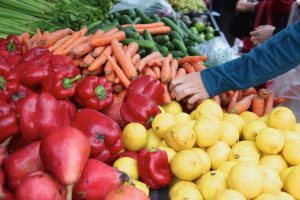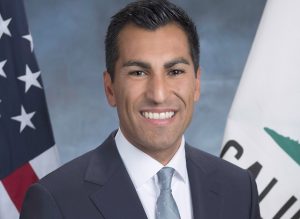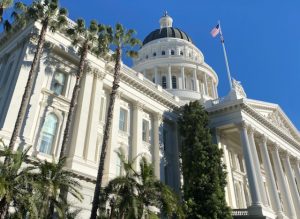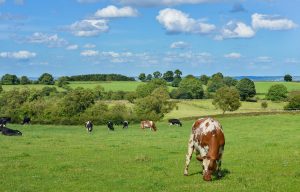Giving Thanks, an American Tradition
October 1, 2008 Michael R. DimockWhat do the Pilgrims, George Washington, Sarah J. Hale, and Abraham Lincoln all have in common? Hint: they liked heritage breed turkeys. Yes, they all contributed to the formation of the national Thanksgiving Day holiday. We all know the pilgrim story. Some may not know that President Washington offered the first proclamation on November 26, 1789, declaring a national day of thanksgiving. It was not until November 1863, after the July battles of Gettysburg and Vicksburg, which sealed the fate of the south, that Lincoln renewed the tradition and declared the last Thursday of that month a day of thanks. Sarah J. Hale, a magazine editor, is credited with planting the idea in the weary leader’s head.
Each year from that time, with the exception of one year during the Great Depression, every president issued a similar proclamation on the same day. In 1941 the Congress formerly established the holiday we know today. So we have a long history of giving thanks, and I am grateful for that. It is an important social and civic act too little appreciated in our time.
Maybe it is because so many of us feel things have gotten off track. Right or left, urban or rural, rich or poor, most all of us seemed perpetually perturbed by the state of the world, the nation, or our communities. As a consequence, we are adept at, blaming, attacking, and/or ignoring, particularly when directed at leaders. It is easy for us to forget our role in the many messes and to blame “them,” the damn leaders.
Particularly as activists, we are constantly asking for change. There is always more to be done, and often, what is getting done is not good enough. We too rarely stop to acknowledge the good that is taking place.
Roots of Change (ROC) has decided that this Thanksgiving season is the perfect time to pause and show our gratitude to the United States Department of Agriculture for taking an unprecedented step towards making a sustainable regional food system a real priority through the “Know Your Farmer, Know Your Food” initiative. We have just launched a letter writing campaign to offer thanks . I am not shocked, but a bit disappointed that we have gotten negative comments about sending a positive message to Secretary Vilsack and Deputy Secretary Merrigan.
ROC understands that there are still many issues that are not getting addressed by the USDA, that contradictions in policy and message exist, and that there are ways that “Know Your Farmer, Know Your Food” could be improved. What can one realistically expect in this day of polarized politics in which corporate interest too often controls debate.
The bottom line, though, is that we want to acknowledge that the USDA is making a real, risky and unprecedented effort to support regional food systems. Regional food systems are the best road to agricultural and food literacy I can image right now. They will help sustainable farmers and ranchers, the healthcare system and local economies. Yet, we must realize that many industrial-scale-cheap-food manufacturers who benefit from subsidies and over production of undifferentiated commodities are seeking to undermine this recent initiative.
Who could argue that the situation is not much improved? Think about what it was like 18 months ago. USDA leadership did not discuss local, organic, sustainable, and a focus on healthy food; they avoided these topics. If our movement is not thankful for the leadership having ears to hear our message, then we must begin to question our real motivation. Are we merely contrarian? Are we so into combat that we cannot acknowledge and celebrate victory? Are we unable to see the risks that new leadership is taking and to show support for what is lonely and exhausting work?
I think not. I believe the good food movement is primarily made of people who appreciate hard work, who empathize with those who take risks, who appreciate acts that build cohesion and community. I know this because the good food movement clearly appreciates the farmers, ranchers and processors who produce healthy food. And clearly the leadership of USDA is doing the same three things through their important initiative.
ROC is betting that lots of folks, in the best tradition of America’s greatest leaders, will hit the link we offer and send a message of thanks to the USDA. Once in a while just saying thank you is a good thing.



